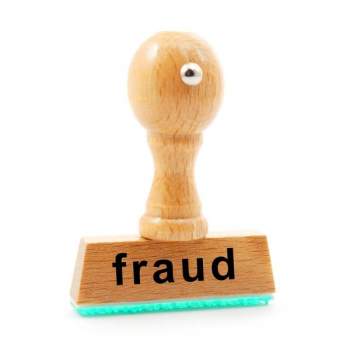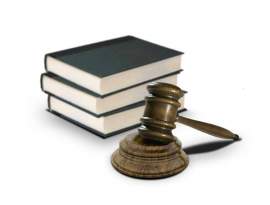
Fraud Investigation

Brief Guide to the Fraud Investigation Process
What is Fraud?
• In criminal law, fraud refers to an intentional deception mad by an individual for personal gain or to defame another individual. The specific legal definition of “fraud” will vary based on location; however, in the majority of legal jurisdictions, a fraudulent act is a crime and a civil violation.
• The act of defrauding people or business entities for monetary gain or prestige, involves the act of deceiving or misrepresenting oneself. Fraud is a nonviolent crime; however, the negative externalities it imposes can be equally debilitating.
• A fraudulent act can be initiated through a number of mediums, including through the mail, wire, the Internet and phone. The international dimensions and the plethora of private information exchange don the web, combined with the ease with which users can blanket their profile or location, the difficulty of checking legitimacy online greatly perpetuates the growth of Internet fraud.
• Common types of fraud include the following deceitful tactics:
Contact a fraud lawyer to acquire legal advice and assistance.
o Bankruptcy fraud
o Committing fraud to obtain government benefits
o Counterfeiting currency, valuable goods or documents
o Embezzlement—taking money which an individual or entity entrusted with on behalf of another party
o False advertising
o False insurance claims
o False billing
o Franchise fraud—real profits earned not by sales but by the transfer of new franchise licenses
o Health Fraud—selling products known to be ineffective
o Identity theft
o Insurance Fraud
o Ponzi Schemes
o Moving scams
o Marriage Fraud—obtain citizenship or immigration rights without proper entitlement
o Securities fraud
o Tax fraud—falsifying tax records or not reporting accurate revenue figures to avoid taxation.
• The above examples all possess the following basic elements of fraud: there is a blatant misrepresentation of an existing fact; the attached good or service’s materiality; its falsity; the speaker’s has knowledge of the good or service’s falsity; the speaker’s primary intent is to mislead the plaintiff for personal gain; the plaintiff is ignorant towards the misrepresentation; and because of this the plaintiff suffers a monetary loss or punitive damage
What is the Fraud Investigation Process like?
• As stated before, fraud is intent to deceive; if a company promises something regarding a product, for example, in order to sell the good, they would be guilty of fraud if that product does not work as advertises. A fraud investigation attempts to determine whether fraud has occurred and tries to establish evidence if a fraudulent maneuver has occurred.
• A fraud investigation will begin with a meeting between a fraud investigator and the party who is alleged to be deceived. The individual launching the fraud investigation must explain to the investigator why fraud has taken place; during this explanation the individual must hand over all evidence to spark the fraud investigation process.
• Once evidence has been exchanged, the fraud investigator will use the initial information to gather more evidence and facts concerning the fraudulent party. An investigator may use asset searches, background checks, employee investigations, testimonials and surveillance to conduct the fraud investigation.
• In the majority of fraud investigations, the investigator will deal with white collar criminals—as a result of this classification, the fraud investigation will revolve around the review of complex financial documents. That being said, just as there are different forms of fraud, there are different types of fraud investigations. For example, an insurance fraud case will require the investigator to uncover those who make false claims to receive insurance compensation.
• A fraud investigation is essential for victims of fraud; fraud costs the economy billions of dollars a year. As a result, stopping fraud or mitigating those externalities it imposes is in everyone’s best interests.



















